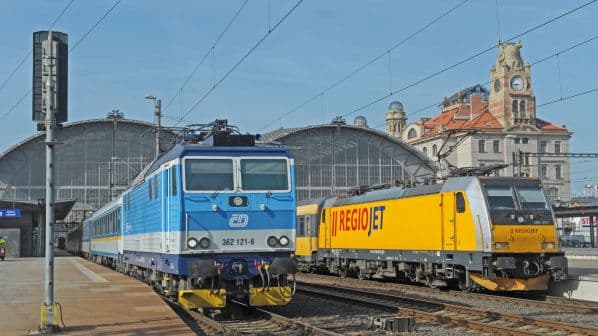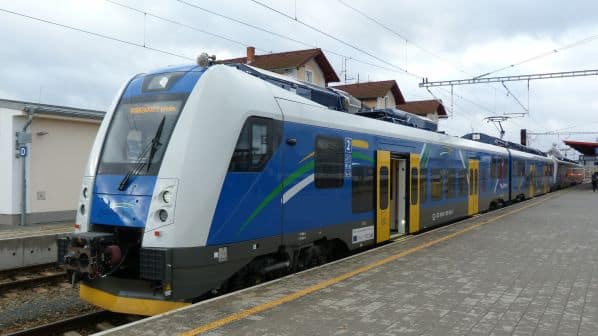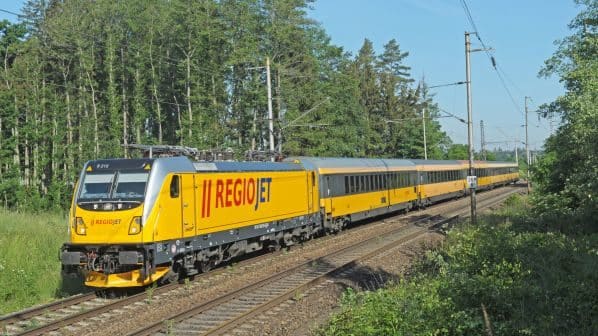THE government of the Czech Republic has decided to abolish the country’s rail regulator, the Transport Infrastructure Access Authority (ÚPDI), with effect from January 1 2024.
ÚPDI was established in 2017 as required by Article 55 of European Union (EU) Directive 2012/34/EU, after the Czech Republic joined the EU in 2004.
Under draft legislation submitted to the Czech Parliament with the support of transport minister, Mr Martin Kupka, ÚPDI will be abolished and its functions transferred to the Office for the Protection of Economic Competition (ÚOHS).
The government says that the change is aimed at cutting costs and improving efficiency, and that there will be no change to the functioning of rail regulation in the Czech Republic.
“The first steps leading to the integration of ÚPDI's mission under ÚOHS already started in the autumn of last year, when an analysis of the possibilities of its merger with various regulatory or supervisory institutions took place, and ÚOHS emerged from this analysis as the best possible option,” Kupka says.
“This step means greater efficiency, financial savings and a reduction in the number of official bodies we have in the Czech Republic.
“Operators have nothing to worry about. All previous activities will continue to be carried out by an official body that is larger and that represents stability as well as independence," Kupka says.
The abolition of ÚPDI and the transfer of its functions will involve the loss of six posts, which represent a quarter of the 23 staff employed by the rail regulator.
The job losses will concern office management and support functions, with employees in professional roles transferring to ÚOHS. Annual savings in staff costs are estimated at Koruna 6m ($US 272,926), with savings in operating costs amounting to a few million.
The move to abolish ÚPDI has been criticised by the opposition and the rail sector. They point out that the government’s motive of improving efficiency is hardly a serious argument given the rather small benefit that the transfer to ÚOHS will produce.
They also point to the “remarkable” circumstances surrounding the sudden dismissal by Kupka of ÚPDI general director, Mr Pavel Kodym, on February 15 this year, the day before his second six-year term was due to start.
Kupka had discovered that Kodym had written to the European Commission (EC), stating that ÚPDI considered that the planned sale of land for €1bn by national operator Czech Railways (ČD) to infrastructure manager SŽ might constitute illegal state aid.
ČD is highly indebted and the transaction would place it in an advantageous situation compared with other operators in the Czech rail market.
SŽ had sought expert opinion on the value of the land, in an effort to resolve a long-standing disagreement with ČD over the proposed sale. ČD was asking Koruna 20bn while SŽ was offering a maximum of Koruna 6bn.
The changes to rail regulation are being followed with interest outside the Czech Republic. Mr Nick Brooks, secretary general of the Alliance of Passenger Rail New Entrants (AllRail) says: “Pretty unbelievable if it is true that, as the independent rail regulator, you get fired because you do refuse to act partially and instead ask valid questions about payments that solely benefit just one operator in a competitive market.”




